
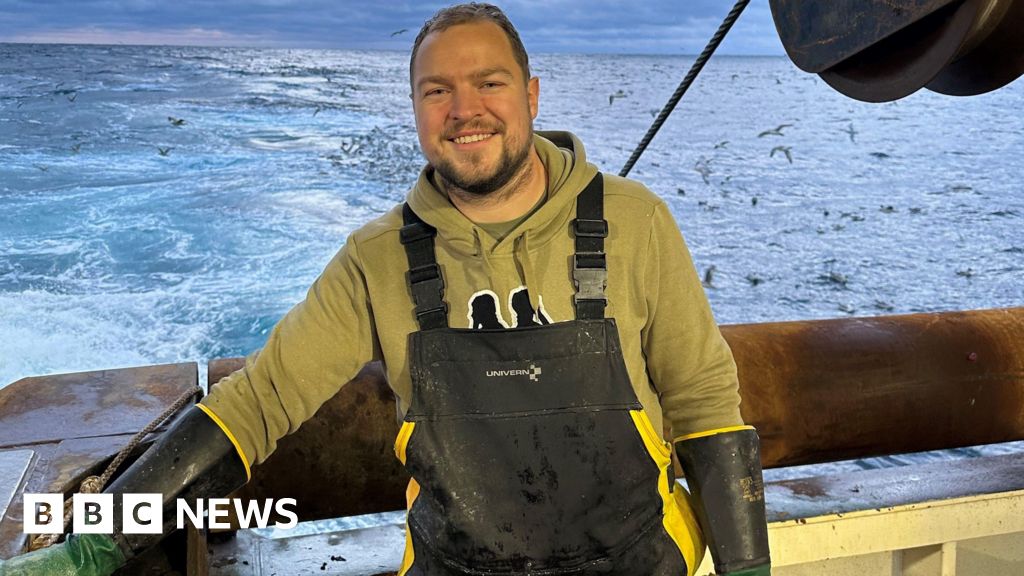
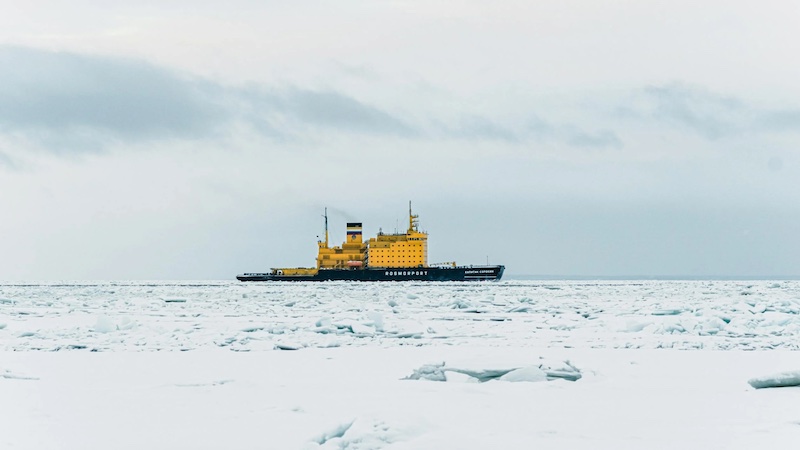
/tpg%2F29eb15b1-7bbd-49fb-8f70-d00af043a449.jpeg)

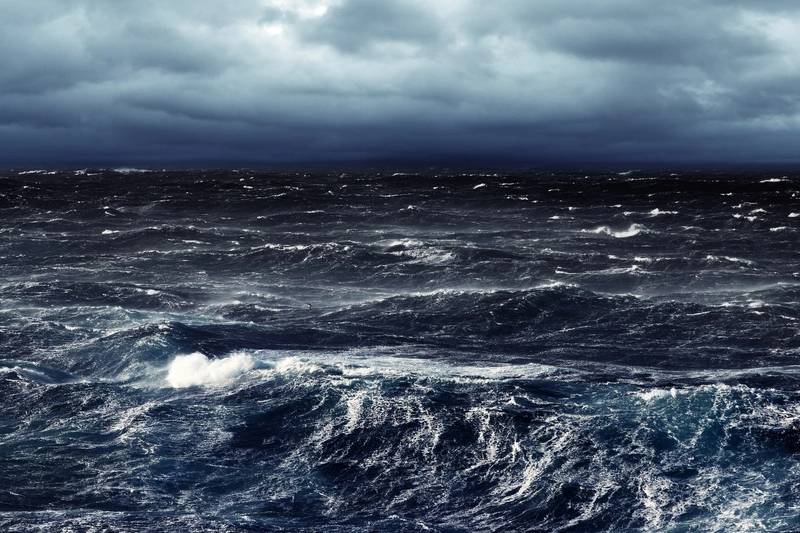
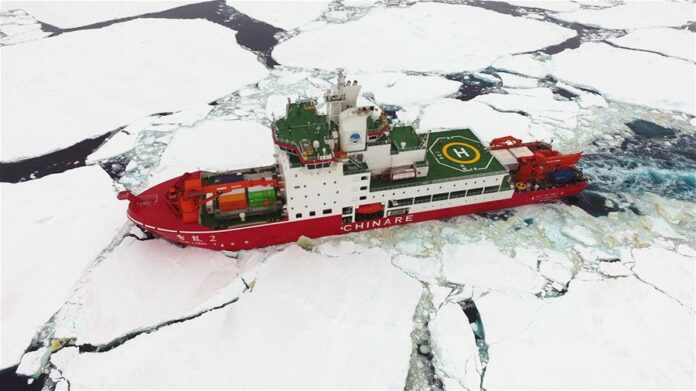
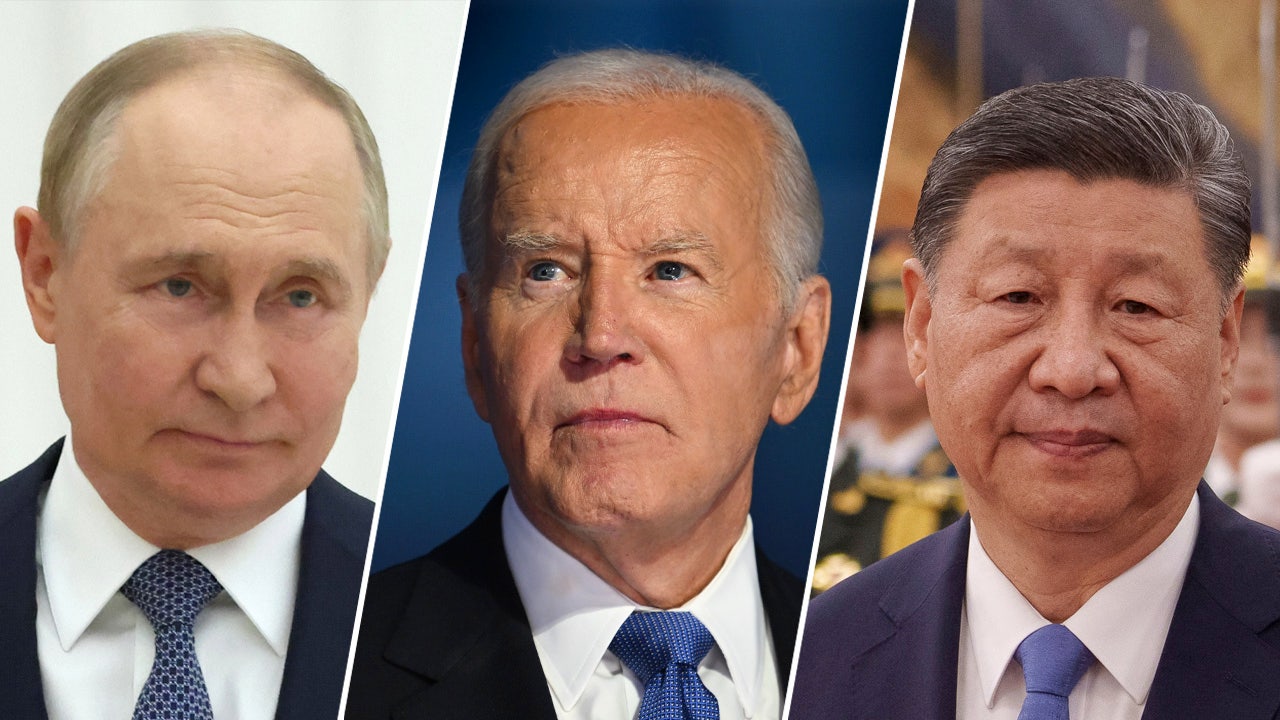
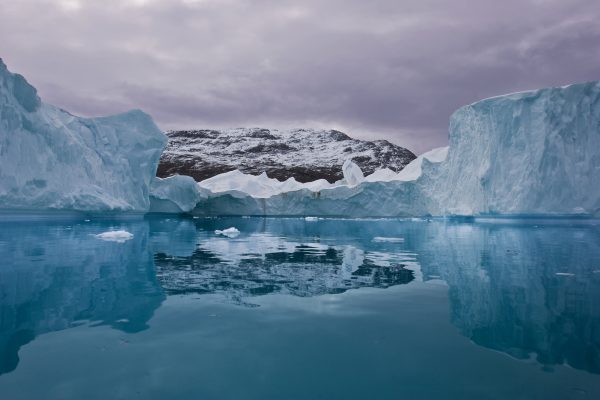
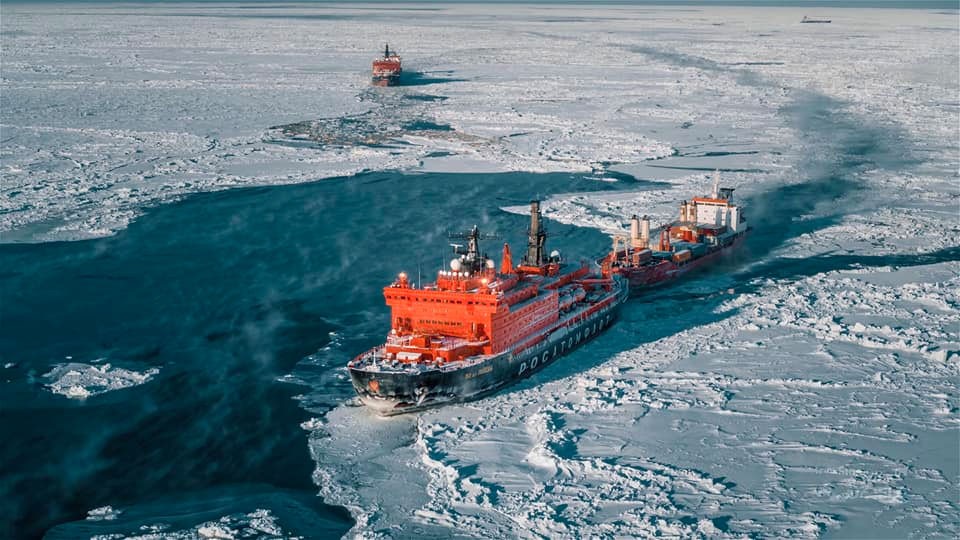


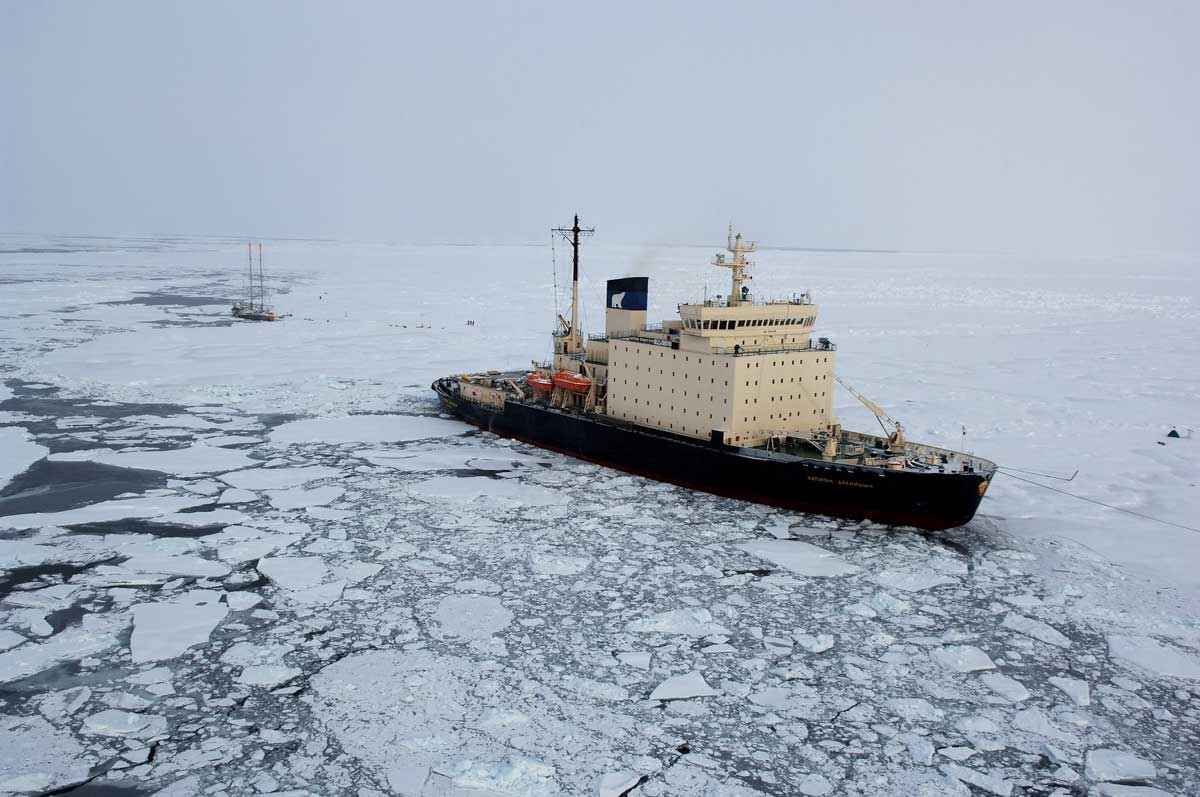
The Arctic region has become a focal point of global attention due to its strategic, geopolitical, and economic importance in the twenty-first century. China and Russia are actively seeking economic advantages in controlling the Arctic Circle, which could shape international trade for decades to come. RADM (Ret.) Mark Montgomery emphasizes the military and economic significance of the region, highlighting that the Pentagon has labeled the Arctic as critical for homeland defense. Recently, Chinese bombers flew near Alaska, prompting the U.S. to intercept them within 200 miles of the Alaskan coast, following President Biden's announcement not to seek a second term. Deputy Defense Secretary Kathleen Hicks has noted that climate change is impacting geopolitics, making the Arctic even more crucial for global powers. [0846df63]
In August 2024, China sent its third icebreaker, the Ji Di, into the Arctic, further asserting its presence in the region. This move comes as the U.S. Coast Guard's icebreaker Healy had to abandon its mission due to an electrical fire, and the Polar Star is currently undergoing refit. The rapid increase in China's naval capabilities contrasts sharply with the U.S.'s lagging resources, raising concerns among U.S. leaders about the need to respond to China's military expansion. In 1990, China's GDP was only 7% of the U.S. GDP, but it has now surged to 70%. Despite U.S. military spending being three times that of China, the pressure to counter China's advancements is mounting. [2dca55b7]
On September 24, 2024, the United States and Canada announced the formation of a task force to negotiate the maritime boundary in the Beaufort Sea, addressing the overlap along the continental shelf in this ecologically sensitive area rich in oil and gas deposits. This dispute traces back to the 1825 Anglo-Russian treaty, which has led to differing interpretations by the two countries. The U.S. government had previously designated nearly 3 million acres in the region as 'indefinitely off limits' for oil and gas leasing under President Biden, building on an Obama-era ban. These negotiations are prompted by increased cooperation between Russia and China in the Arctic, as both nations seek mineral resources and new shipping routes due to climate change. [9a36e8c1]
China has emerged as a prominent player in the Arctic, unveiling its ambitious plans for the region, including the development of the 'Polar Silk Road'. Despite not being an Arctic state, China aims to exert greater influence in the region, driven by strategic considerations such as securing access to natural resources and leveraging the changing dynamics to advance its national interests. In 2023, over two million tons of transit cargo were shipped through the Arctic, underscoring the region's growing importance for international trade. However, infrastructure improvements are needed to accommodate increased shipping. [f339056d][09c30a2d]
Meanwhile, Russia is asserting its claims in the Arctic, including the North Pole and the Lomonosov Ridge, to establish territorial rights. The U.S. Department of Defense has highlighted the implications of both China's and Russia's Arctic strategies, emphasizing the need for a robust U.S. Arctic strategy in response to their ambitions. The Arctic Council, consisting of eight Arctic countries and thirteen observing states, has been successful in resolving disputes and establishing norms for environmental sustainability, but the geopolitical landscape is shifting. [17f5fa5d][6168a41c]
Iris Ferguson, the U.S. deputy assistant secretary of defense for Arctic and global resilience, stated that the U.S. should not exaggerate Sino-Russian military cooperation in the Arctic. A joint air patrol conducted by China and Russia in July 2024 involved four strategic bombers flying over the Chukchi and Bering Seas, marking the first time Chinese and Russian aircraft took off from the same base in northeast Russia. Ferguson emphasized that this cooperation does not equate to a formal alliance. The U.S. Arctic Strategy highlights a new security environment due to climate change and cooperation between Russia and China, with Alaska hosting 100 fifth-generation U.S. jet fighters, while the U.S. has only two icebreakers compared to Russia's 54. A trilateral collaboration signed in July 2024 between the U.S., Finland, and Canada aims to build polar icebreakers. [c1516ad6]
India and Finland recently conducted diplomatic talks to discuss regional and global matters of common concern, including developments in neighboring regions and the Ukraine conflict. The talks also covered trade and investments, educational collaboration, digital partnerships, sustainability initiatives, and more. The two nations are set to commemorate the 75th anniversary of their diplomatic relations in 2024. To foster new business partnerships, the India Nordic Baltic Business Conclave will take place in November 2023. India's Arctic Policy is of significant importance, and its collaboration with Nordic countries strengthens its ties with the European Union. [6168a41c]
The article 'On Thin Ice? The Delicate Geopolitics of the Arctic and the South China Sea' compares the geopolitical dynamics of the Arctic and the South China Sea, highlighting the potential for increased economic activity in the Arctic due to climate change and the melting of sea ice. The Arctic is rich in oil, natural gas, and minerals, and countries including China have expressed ambitions to exploit these resources. However, the article argues that the Arctic differs from the South China Sea in terms of cooperation, military involvement, territorial disputes, and resource accessibility. [4e36448d]
Greenland's geopolitical significance is increasingly analyzed through Thomas Barnett's re-regionalization framework, reflecting trends in economic decoupling, supply chain resilience, and security alliances. The U.S. is ramping up investments in Greenland's economy and infrastructure, while China maintains interest in the region's rare earth minerals. NATO's role in Arctic security is growing, as Greenland becomes a battleground for influence among the U.S., China, and Europe. Barnett's framework suggests nations are reforming economic and security blocs, with speculation about Greenland's potential alignment with an expanded American Union. The U.S. aims to bolster its Arctic strategy amid these global shifts. [b38e805d]
As tensions rise, experts suggest that engaging with China is crucial to avoid escalation and emphasize the need for clearer trade rules and revisions to the UN Convention on the Law of the Sea. Australia's military ties with the U.S. also raise concerns about being drawn into potential conflicts in the region. [2dca55b7]
Recent developments indicate that Arctic warming is occurring at four times the global average, transforming the geopolitical landscape as nations vie for resource access and navigable waters. The U.S. has deployed the 11th Airborne Division to Shemya Island, Alaska, as part of its Arctic military readiness strategy. Canada is recalibrating its Arctic foreign policy, with Defense Minister Bill Blair highlighting the threats posed by Russia and China. The military posturing in the Arctic is expanding amidst this geopolitical transformation, raising security concerns for both the U.S. and Canada. [d6a90cbc]
The U.S. Department of Defense's 2024 Arctic Strategy underscores the significance of China's activities in the Arctic, particularly in light of Sino-Russian collaboration. U.S. partners in the Indo-Pacific region, including Japan, South Korea, Singapore, and India, have joined the Arctic Council as observers since 2013, although their roles in Arctic governance remain underexplored. These partners view Russia as a gatekeeper to the Arctic, with Japan having a long history of Arctic research aimed at economic security. South Korea's 2023 Polar Vision emphasizes climate research and sustainable development, while Singapore focuses on maritime governance despite its geographical distance. India seeks Arctic cooperation for energy and strategic minerals, indicating a complex interplay of interests that the U.S. must navigate alongside its Indo-Pacific partners' geopolitical concerns regarding Russia. Cooperation in scientific research and education is seen as a promising avenue for engagement. [e9d0a165]
Despite previous interest from former President Donald Trump in acquiring Greenland for its mineral wealth and strategic location, Arctic economic development has significantly stalled since the onset of the Ukraine invasion. Norway has halted oil and gas exploration, and Greenpeace has welcomed this decision to stop deep-sea mining licensing. The shipping activity in the Arctic has doubled from 6.1 million to 12.9 million miles between 2013 and 2023, but the overall development remains frozen amid geopolitical tensions. [09745c1c]